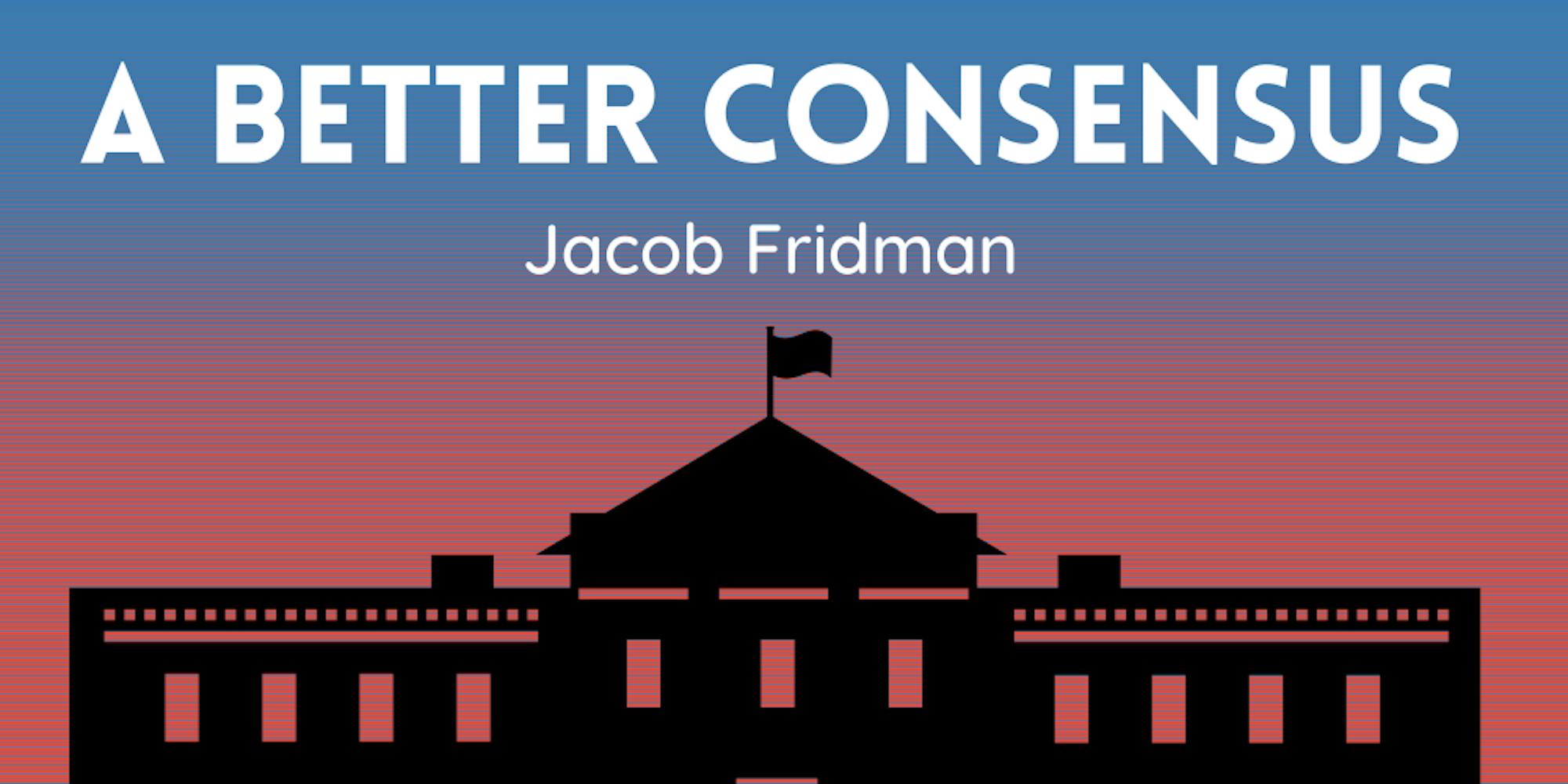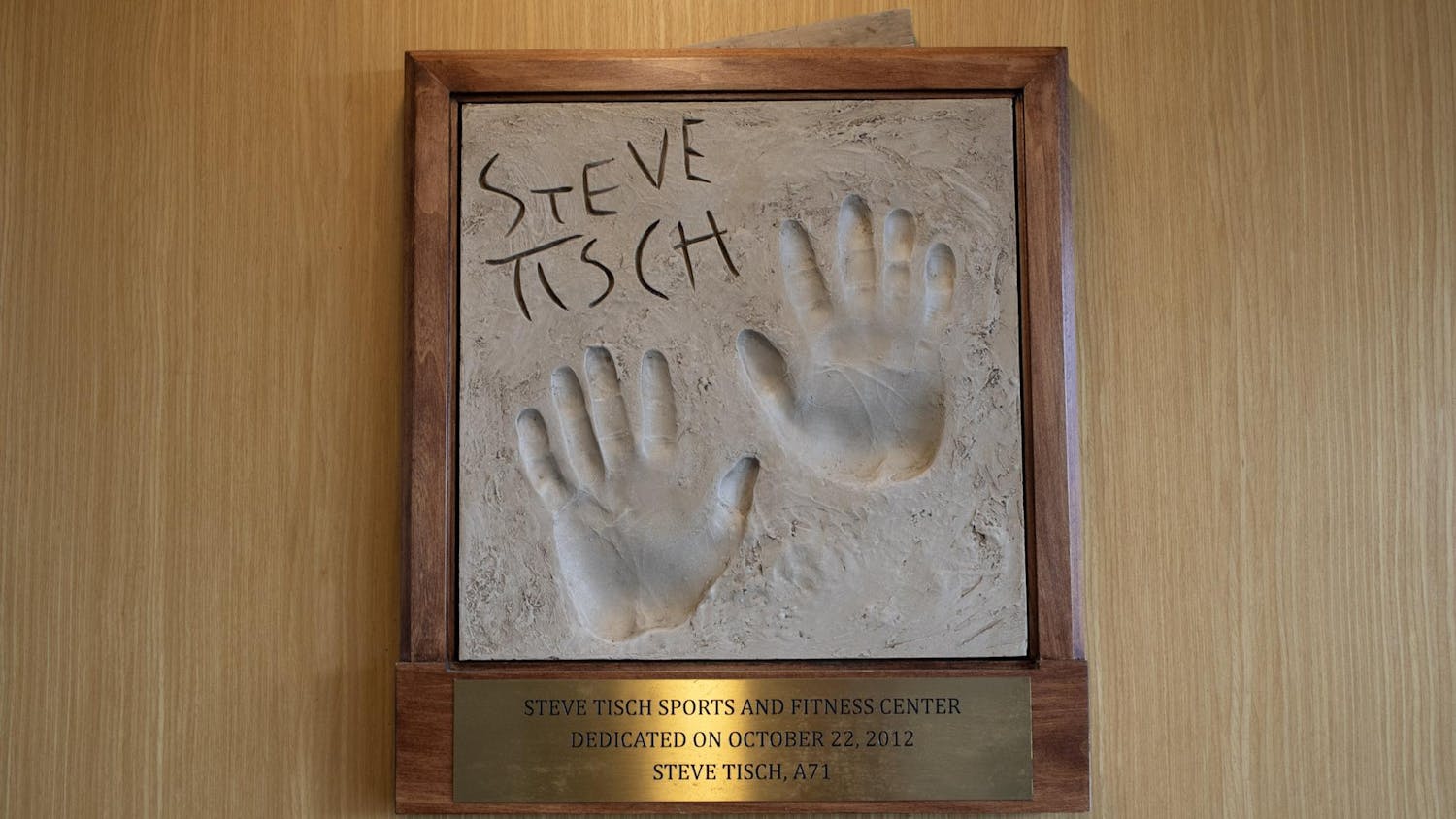Everyone has suggestions for how national politics should be run, but with my background in independent journalism, civic education and opinion and interview podcasting, I have the experience of explaining complex topics, starting conversations, and promoting new ideas. This is “A Better Consensus.”
Civic education matters because it's how liberal democracy thrives, but if citizens don't vote or are uninformed with the issues, then it fails. History has shown how bad actors take advantage of people's lack of civic understanding and suppress our freedoms. They thrive off of ignorance in order to push through unpopular policies, divisive agendas and power grabs.
Chief Justice of the United States John Roberts once said in response to the rise in fake news, "the public's need to understand our government, and the protections it provides, is ever more vital." To be informed not only allows our government to be more representative, but also fights fake news and conspiracy theories that divide the country on basic facts. Case in point, the false claims of the 'stolen' 2020 election, and the COVID-19 era debates over masks and vaccines. In both instances, the failure of the masses to develop good citizenship habits has led to destruction of norms, democratic principles and human lives. The January 6th insurrection, over 680,000 COVID-19 deaths and a vaccination rate that is now lagging behind our allies have all laid bare the importance of a public that needs basic facts on how the government works, what the government can do for its citizens (especially in times of crisis) and what liberal democracy even means (spoiler: it's not calling everything rigged when you lose elections).
So, what can we, as Generation Z, do? First, we can learn how the government works and how we as citizens interact with it using free sources like Khan Academy, Wikipedia and Crash Course. We can also take advantage of our time at Tufts with classes on American government, citizenship and how to look up basic information without going down the rabbit holes of Instagram and Reddit. Second, we can be up-to-date on the latest news on domestic politics and the world at large with trusted and straightforward sources like the Associated Press and this very paper. Third, we can get involved in anything from local politics to the highest levels of the federal government. Register to vote with JumboVote; call or write a letter to your local, state or federal representatives to voice your opinion on issues you care about; or simply talk to other people, gain new perspectives and shape your own opinions.
If we, as a society, do these things now, we can end voter apathy, combat disinformation and help people talk to each other about controversial yet critical topics. Gen Zers need to be on top of these issues because it's how we prepare to lead the world we'll inherit in this decade (and hopefully the next one). We want to change the world, but if we don't prepare now, we can't make that happen and we’ll be a nation acting at the whims of disinformation and conspiracy theories and not reality.






